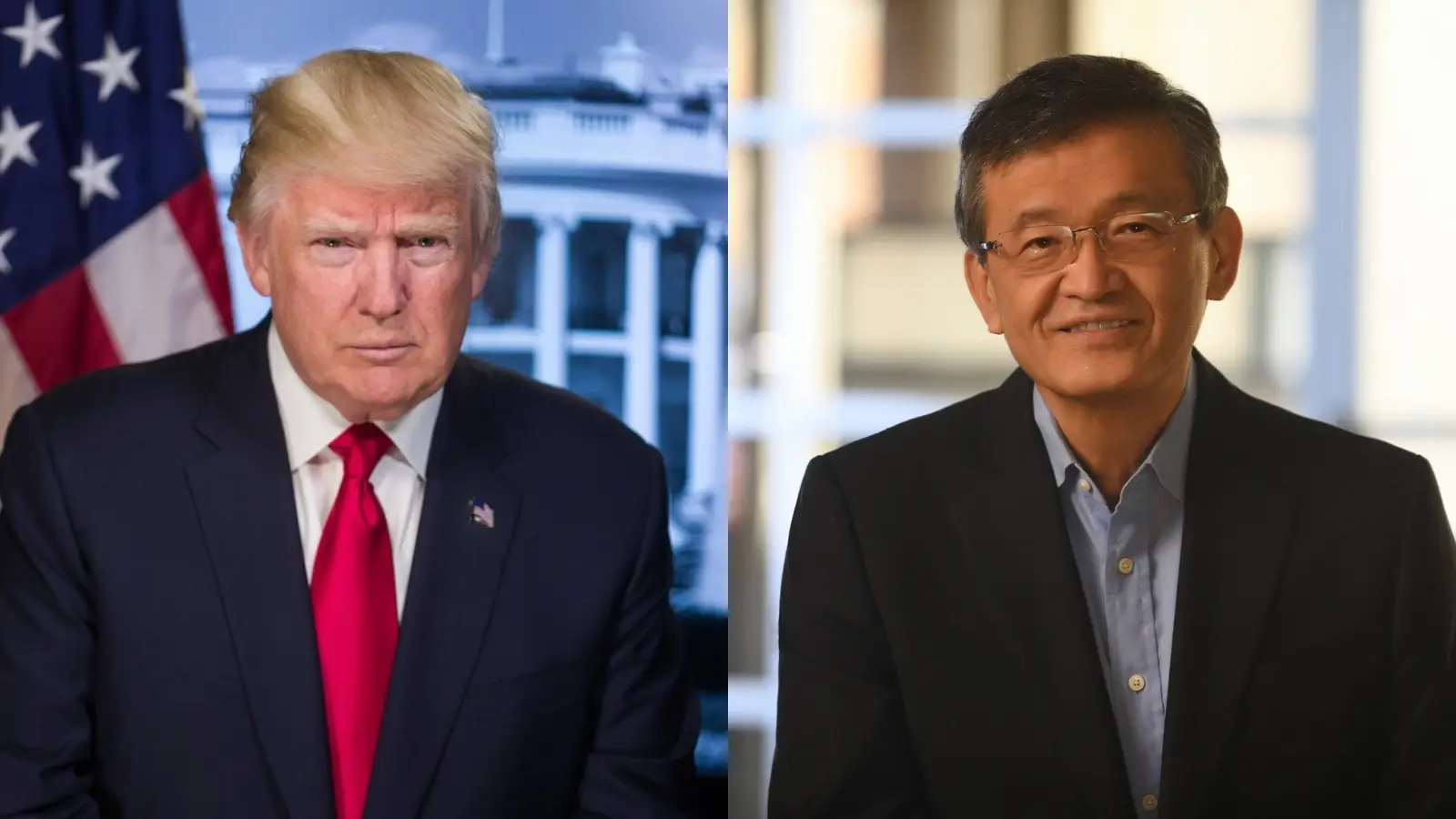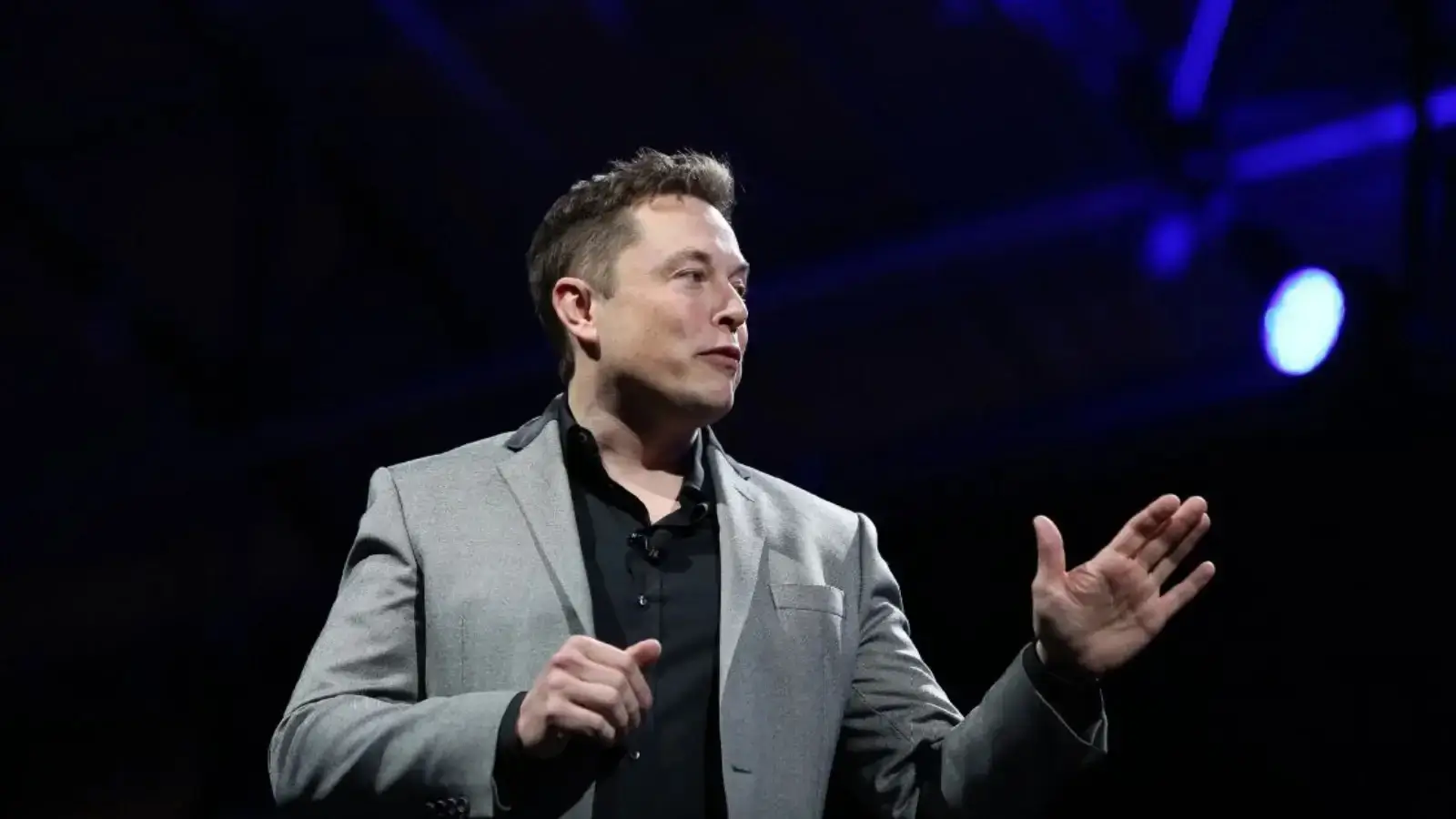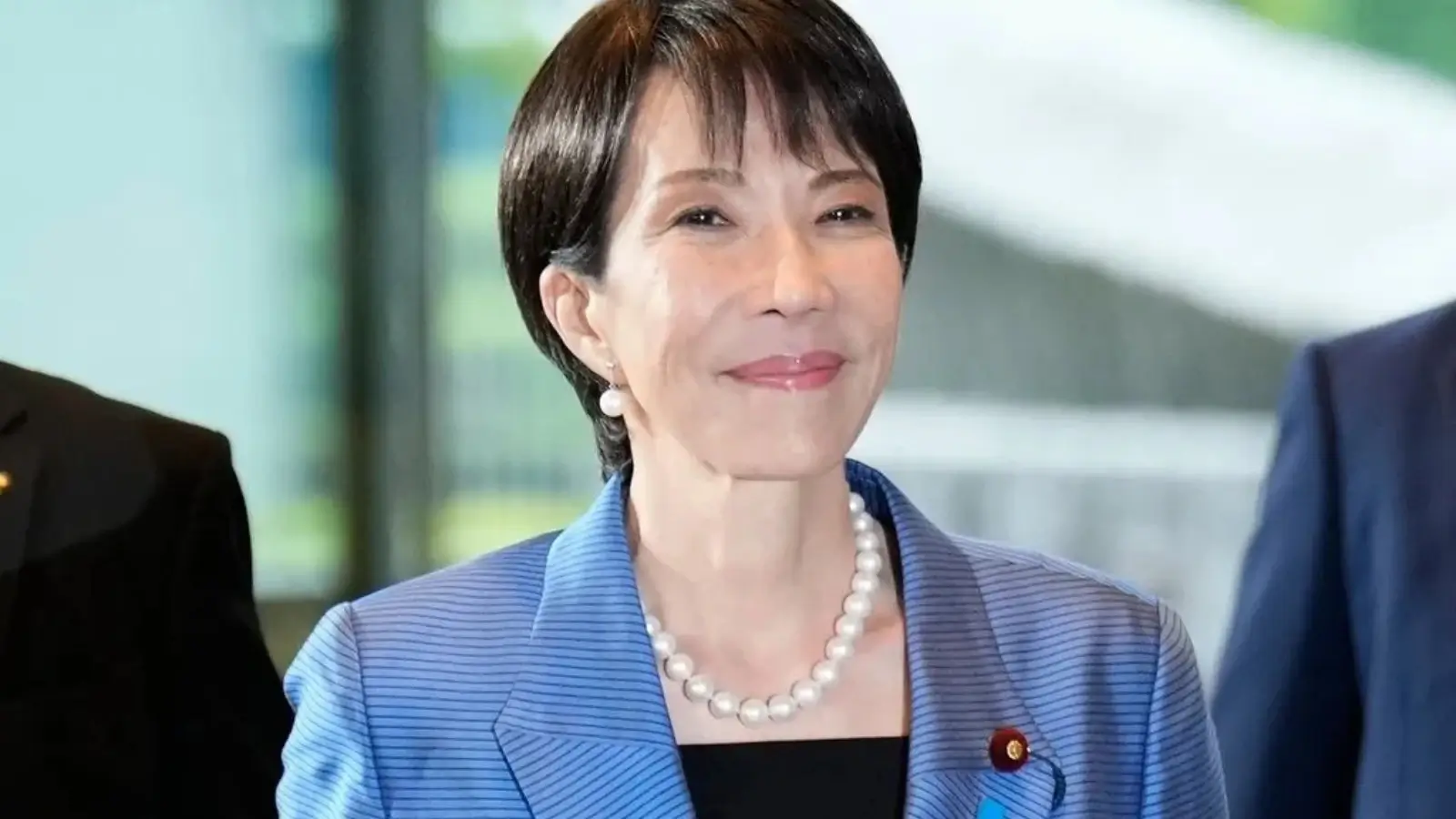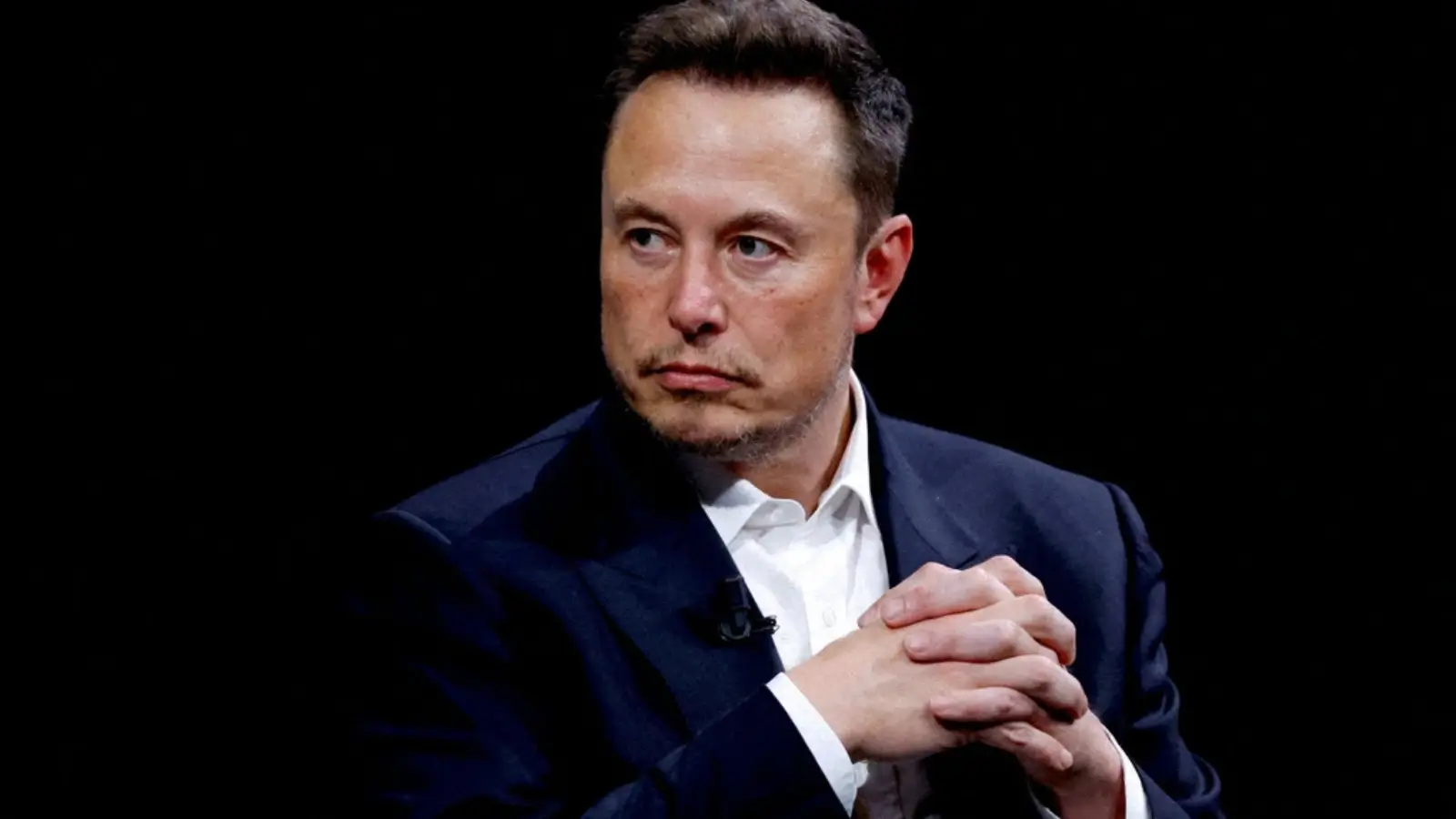Washington, D.C. — President Donald Trump has called for the immediate resignation of Intel CEO Lip‑Bu Tan, citing alleged financial ties to Chinese military-linked semiconductor firms. The demand, issued publicly on social media, has ignited a wave of political, financial, and corporate scrutiny—alongside a sharp dip in Intel’s stock.
Trump accused Tan of being "highly conflicted" due to his historic investments in Chinese technology companies. The controversy centers around Tan’s role as founder of Walden International, a venture capital firm that reportedly invested over $200 million in at least eight Chinese chip firms between 2012 and 2024. Some of those companies have been flagged by U.S. intelligence sources for alleged affiliations with the People’s Liberation Army (PLA).
The situation escalated following a formal letter sent by Senator Tom Cotton to Intel’s board of directors, questioning whether Tan disclosed or divested his stakes in these firms before being appointed CEO in March 2025. Cotton emphasized that such ties are particularly concerning given Intel’s ongoing receipt of $8 billion in taxpayer funds through the CHIPS and Science Act.
In his social media post, Trump wrote that Tan “must resign immediately” and that “national security cannot be compromised.” The post quickly gained traction across financial platforms, leading to a 3–5% drop in Intel’s stock price within hours of the statement.
Tan, a veteran of the semiconductor industry and former CEO of Cadence Design Systems, has not publicly commented on the accusations. Intel also has not released a formal statement addressing either Trump’s demand or Senator Cotton’s letter. However, internal sources suggest the board is conducting a review of all relevant compliance documentation.
The issue has stirred debate in corporate and policy circles over the increasing politicization of executive appointments and the influence of geopolitics in tech-sector leadership. Analysts noted that a U.S. president—whether sitting or former—openly demanding the resignation of a major CEO is highly unusual, and may set a precedent in how executive roles intersect with foreign policy concerns.
Market analysts warned that the allegations could erode investor confidence, particularly if the federal funding Intel receives is reconsidered. Others view the situation as a broader reflection of Washington’s intensified scrutiny of China-linked business activity amid growing global tech competition.
For now, Intel’s leadership remains unchanged, but the pressure from both political and public spheres could force the board into action. The controversy also raises deeper questions about how U.S. companies vet executive backgrounds in an era where international entanglements may carry significant national security implications.

















